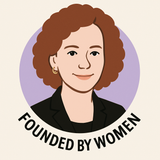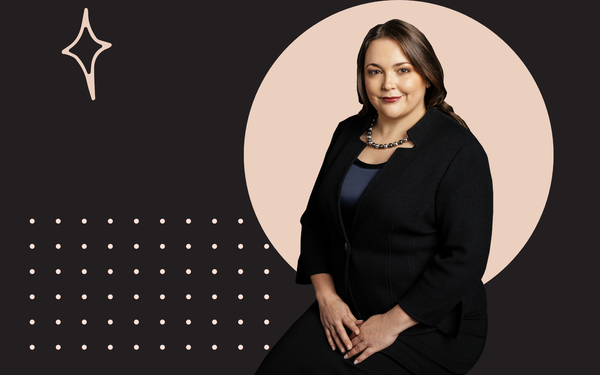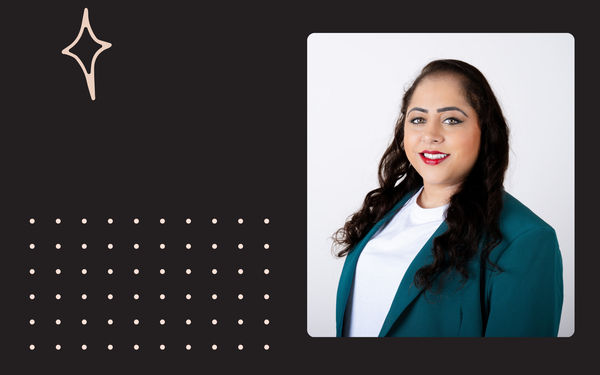Breaking Barriers in Cancer Care: Toral Shah on Integrative Oncology, Health Equity, and Evidence-Based Prevention
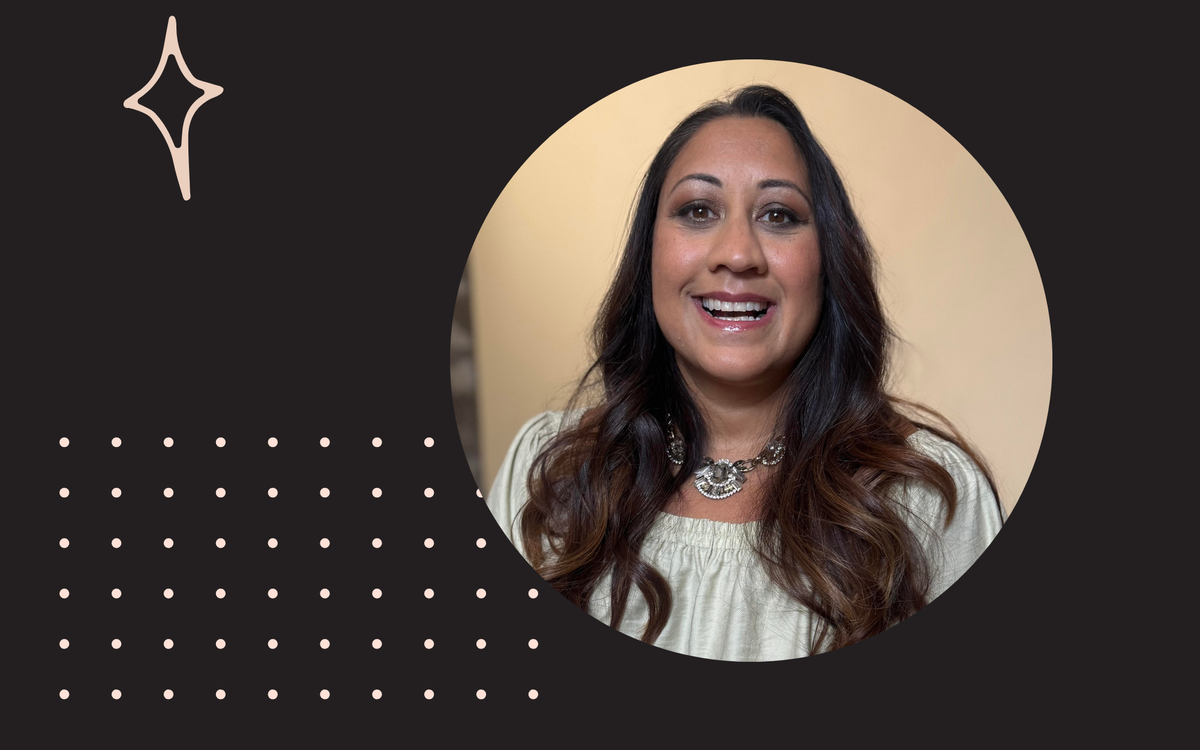
In this Women in Wellness interview, we sit down with Nutritional Scientist and Integrative Oncology Practitioner Toral Shah to explore how personal experience and scientific expertise can transform cancer care
When Toral Shah was eleven years old, she made a bold declaration: she would cure cancer. That childhood dream evolved into something even more powerful—a mission to revolutionize how we prevent, treat, and survive cancer through the lens of integrative medicine and health equity.
As a Nutritional Scientist with an MSc in Nutritional Medicine and a three-time breast cancer survivor, Toral brings a unique perspective to the intersection of evidence-based medicine and holistic care. Her work bridges the often overwhelming gap between cutting-edge research and practical, culturally sensitive guidance that empowers individuals to take control of their health journey.
Through her clinical practice, academic research, and advocacy work with South Asian Supernovas, Toral is addressing one of healthcare's most persistent challenges: ensuring that life-saving knowledge reaches everyone, regardless of their cultural background or socioeconomic status. Her approach recognizes that while 40% of cancers are preventable through lifestyle interventions, access to this prevention isn't equally distributed across all communities.
In this candid conversation, Toral shares how her personal cancer journey shaped her professional mission, why culturally adapted care is essential for closing health disparities, and how women can navigate the often confusing landscape of cancer prevention advice. From the importance of decolonizing medicine to practical strategies for building a science-backed wellness foundation, she offers insights that could transform how we think about cancer care and prevention.
1. As both a nutritional scientist and a breast cancer survivor who has navigated this journey thrice, how has your personal experience shaped your approach to integrative oncology? What would you tell women who are feeling overwhelmed by conflicting nutritional advice during their cancer journey?
From a young age, cancer seemed to be my calling. As a precocious 11, I was inspired by reading a book about a cancer surgeon and resolved to cure the disease. This determination led me to pursue medical school with the intention of becoming an oncologist to support cancer patients. However, when my mother was diagnosed with breast cancer, I began to explore how nutrition and lifestyle could aid her recovery from surgery and treatment, as well as lower the chances of recurrence. This experience marked the start of my transition into nutritional medicine, focusing on cancer nutrition and lifestyle, rather than continuing solely in the fields of medicine and oncology.
My personal experiences and diagnoses have shaped my approach to integrative oncology as I wanted people with a cancer diagnosis to feel whole and heard, and not just cancer patients. My approach to integrative oncology blends evidence-based medical treatments with personalised nutritional guidance, lifestyle modifications, and mind-body techniques. While most people understand that diet and exercise affect cancer outcomes, equally important are quality sleep, effective stress reduction, meaningful social connections, and environmental factors—all pieces of the complete health puzzle.
When a woman sits across from me, newly diagnosed and drowning in contradictory advice, I first help her find solid ground. Rather than prescribing universal solutions, I acknowledge how cancer bloggers—though well-intentioned—often promote personal success stories that lack scientific backing or transferability across different cancer types, genetic profiles, and cultural backgrounds. Rather than adding to this noise, I help them build a foundation based on their unique circumstances: their specific cancer subtype, genetic profile, cultural food preferences, and existing health conditions. We start with evidence-based nutrition—colorful vegetables, particularly cruciferous ones like broccoli and kale, adequate fiber, and foods that support their individual metabolic needs—while acknowledging that what worked for a blogger in California
2. Through your work with South Asian Supernovas and your research on health inequalities, you've highlighted how cultural background influences cancer outcomes. Can you explain why culturally adapted nutrition and lifestyle advice is so crucial for women from diverse backgrounds, and what practical steps healthcare providers can take to make cancer care more equitable?
The gap in cancer care and cancer outcomes in ethnic minorities in the UK and US is linked to structural, socioeconomic, and cultural factors affecting access, trust, and treatment outcomes. Medical training mainly focuses on Western biomedical methods, providing little understanding of traditional and complementary medicine (T&CM). This gap limits healthcare providers' cultural competence and awareness of T&CM, often leading to negative attitudes. As a result, patients may avoid discussing their use of T&CM for fear of being judged. In addition, most nutrition recommendations focus on the Mediterranean diet but diets from other cultures whilst not as researched, are often as supportive of health outcomes.
The integrative oncology framework, which blends conventional cancer treatments with complementary therapies, often lacks inclusivity and diversity, perpetuating health inequalities. To solve this, we must decolonize medicine by embracing indigenous healing traditions like yoga, meditation, Ayurveda, and Traditional Chinese Medicine, using them to inform modern integrative oncology rather than exploiting them.
Practical steps for healthcare providers
- Educate oncologists and integrative practitioners in cultural humility, sensitivity, and the colonial history of medicine.
- Include education on global traditional medicine systems in medical school curricula.
- Create care models that respect cultural and spiritual aspects of healing.
- Encourage oncologists and health care professionals to understand nutrition and lifestyle, and how to personalise this for different ethnicities, cultures and backgrounds.
3. Your research focuses on the 40% of cancers that can be prevented through nutrition and lifestyle changes. For women who want to be proactive about their health, what are the most evidence-based dietary and lifestyle strategies you recommend for cancer prevention, and how can they distinguish between solid science and wellness trends?
It's crucial to acknowledge that lifestyle choices aren't made in a vacuum—they're shaped by social determinants of health. Many individuals face systemic barriers that make healthy choices nearly impossible without broader societal and structural reforms to our food and healthcare systems. The stark reality is that cancer survival rates consistently favor those with greater financial resources, highlighting how economic inequality translates directly into health inequality, making prevention strategies inaccessible to those who might benefit most.
Scientific understanding evolves continuously, refining what we know about cancer prevention. To separate evidence-based approaches from costly wellness fads, seek guidance from reputable nutrition researchers and healthcare specialists who stay current with peer-reviewed literature rather than following the latest Instagram trends.
The foundation of cancer prevention begins with lifestyle choices: eliminating tobacco, minimising alcohol consumption, achieving a healthy body composition, and engaging in regular physical activity and movement. Nutritionally, focus on colourful plant diversity—particularly cruciferous vegetables like broccoli and kale—to ensure adequate fibre intake. Try to include fatty fish such as salmon or mackerel twice weekly, and consume sufficient protein to support muscle maintenance. Prioritise restorative sleep and implement stress-reduction practices that connect mind and body. Cultivate gut health through fermented foods containing beneficial bacteria alongside prebiotic-rich foods that nourish your microbiome. For those living in Northern latitudes, vitamin D supplementation may be necessary to maintain optimal levels of this cancer-protective nutrient.
Resources:
Are you a woman leader with an inspiring journey to tell? Founded by Women is on a mission to elevate and amplify the voices of women making an impact.
If you're breaking barriers, driving change, or paving the way for others, we’d love to feature your story. Get in touch with us today!
👉 hi@foundedbywomen.org
